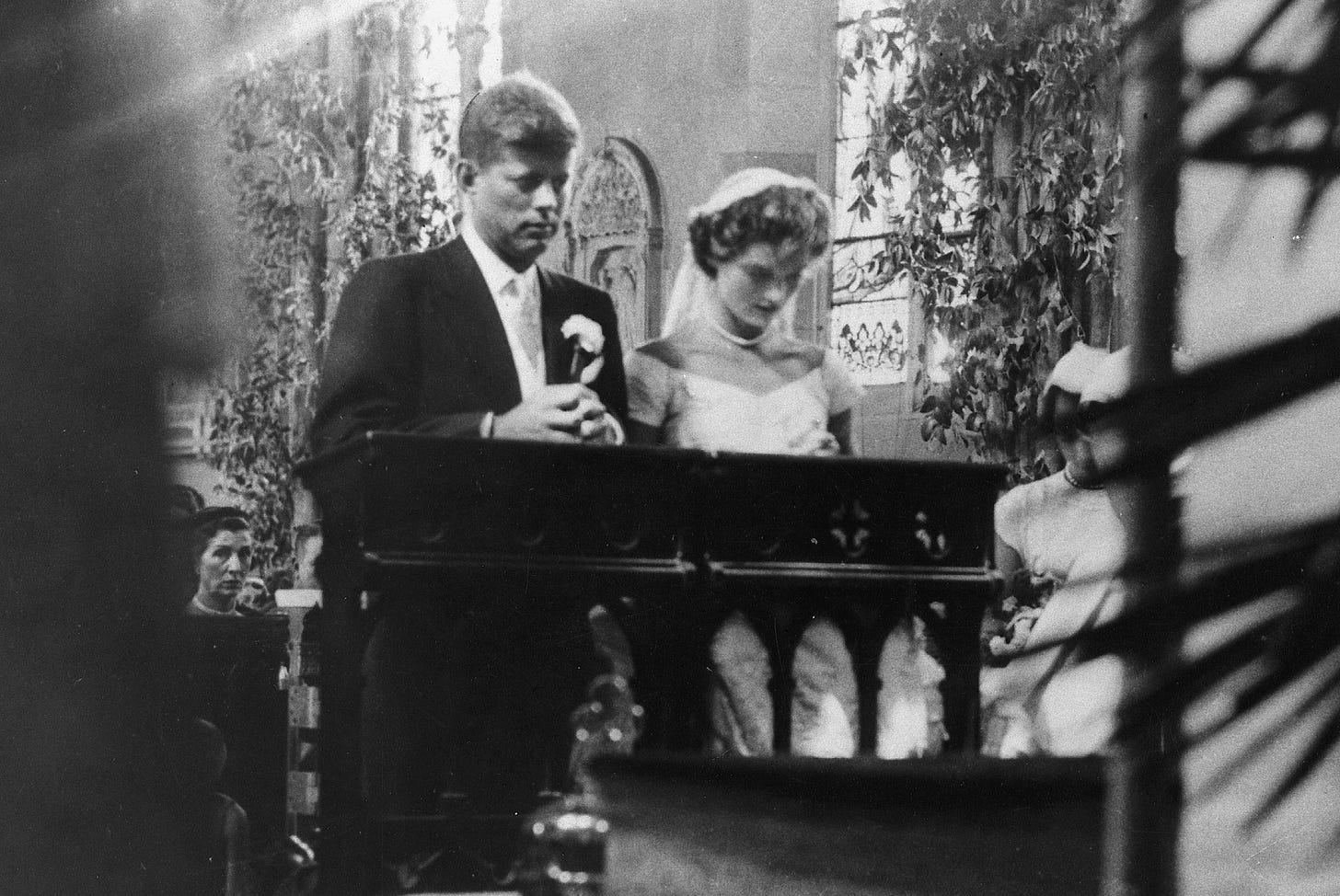An Open Letter to the First Lady, Vice President, and Secretary of State of the United States of America

Mrs. Melania Trump, First Lady of the United States of America
The Honorable James David Vance, Vice President of the United States of America
The Honorable Marco Rubio, Secretary of State of the United States of America
March 19, 2025
St. Joseph’s Day
Dear Mrs. Trump, Mr. Vice President, and Mr. Secretary:
First, allow me to congratulate each of you on your new positions. You have been presented with an opportunity unseen by American Catholics such as yourselves since the day of my birth, November 8, 1960. On that day, John Fitzgerald Kennedy was elected as the first Catholic ever to be President of the United States. As with yourselves, he was presented with what was at once a huge challenge and a huge opportunity. In many ways, his election was the apogee of what had been Catholic America’s modus operandi since our national independence.
With his glamourous wife beside him, JFK’s election expressed to many thousands of Catholics the idea that we had at last “arrived” in these United States. From being either defeated Spanish or French secondary citizens, or else hordes of odd-smelling hordes of immigrants fleeing political repression or economic depression, we were at last “real” Americans. Especially—for a brief time—after the young president’s assassination, the era was looked at like Camelot. This bit of mythmaking was quite consciously constructed by Jackie Kennedy in the wake of her husband’s murder. But like the Camelot of Arthurian legend, there was a noxious weed eating away at the foundation of this one. Despite JFK’s numerous infidelities, however, it was not adultery but something—in terms of its results—far worse.
On September 12, 1960, Kennedy delivered a speech before the Houston Ministerial Association in which he declared:
“I do not speak for my church on public matters; and the church does not speak for me. Whatever issue may come before me as President, if I should be elected, on birth control, divorce, censorship, gambling or any other subject, I will make my decision in accordance with these views—in accordance with what my conscience tells me to be in the national interest, and without regard to outside religious pressure or dictates. And no power or threat of punishment could cause me to decide otherwise.”
From that day to this, these words have haunted Catholics in public life – and those condemned to pay for that public life.



